When Troy Riggs was tapped to lead the Department of Public Safety just over a year ago, he vowed to bring a fresh approach and perspective.
Throughout his first 12 months, he’s dealt with the Richmond Hill explosion; the death of two EMT’s, the killing of an officer in the line of duty, and staffing concerns.
Despite hardships, Riggs is pleased with the direction of the department and believes it is running as “efficiently as possible.”
“I think we have fulfilled two of my main promises,” he said, “better business practices…and the other part of that promise was we are going to be transparent.”
One of his first objectives was to look at what the department did well and what areas needed improvement.
To do so, he created Efficiency Teams to looks at various operations including Violent Crime, Graffiti Eradication, and Limited English Proficiency.
“It’s a way to continually look at what we are doing, improve what we are doing,” said Riggs.
IMPD Chief Rick Hite thinks the teams are making a difference.
"It's amazing how much time we spend working in the trenches doing actual day-to-day operations, but we have to have a group able to sit back and analyze and assess our performance and evaluate whether or not we are being effective, duplication of effort, etc," he said. "It is cost effective to have an efficiency team."
Now, about six months after the teams launched, Riggs says the efforts are proving effective.
“It’s an accountability method. They bring up things that I can do to help them in my position, which helps me do my job better,” said Riggs. “These meetings are efficient. They are to the point, and we are measuring things. And, the things we promised the citizens we are going to do, we are going to do.”
Criminal homicides in the city spiked this year between May and July when there were 35. But, those figures are starting to decrease.
There were 14 homicides between August and September, compared to 23 and 20 during that span the previous two years.
“If you look at the team in these meetings where we are talking about crime, you can see the dramatic decrease in homicide from when it peaked to where we are now,” he said. “A lot of it is because we are focused. We are gathering data we’ve never gathered before.”
But, the crackdown on violent crime is a never ending battle and Riggs says he needs more officers on the front line.
The money saved through efficiencies is being used to pay for more police.
“A dollar saved is a dollar we can put back into public safety,” he said. “Because of these efficiencies, this year - if we get future funding - we’ll be able to hire 10 civilian employees. We haven't hired civilians in the city police for probably over a decade. That’s important to us.”
Riggs expects to hire another 35 civilians next year which will allow more officers to patrol the streets and save tax payers about $2.5 million a year.
The department already repurposed 100 officers this year, who weren’t previously in the run cue. But, the Director admits he is “worried” about police staffing. There are currently 1,567 sworn officers on the force and the department loses about 50 a year.
Riggs and Mayor Greg Ballard said eliminating the Local Homestead Tax Credit would free up $8 million to hire 80 officers.
Riggs says he was told to base his budget on the assumption that the credit would be phased out.
But, the City County Council rejected the move because Democratic members say they don’t want residents to pay more taxes. Those affected would pay an average of about $22 a year if the credit is eliminated. Instead, Democrats want to use Rebuild Indy Funds and use parking meter revenue to pay for more officers.
“I am told to keep my budget flat,” said Riggs, “which is tough when you have done a 3 percent raise. That 3 percent raise that officers and firefighters got in July, we found that in our own budget. I didn’t get additional money.”
The Council will vote on the 2014 budget, October 14.
“If I don’t get $8 million then hiring is off the table,” said Riggs. “Then we are really going to have to start looking at some of the services we provide and see if there is another way we can do that without sending an officer or if there is some things, quite frankly, that we can’t do any longer. That’s what $8 million does.”
The Fraternal Order of Police has released a $50 million plan that would result in hiring 100 new officers a year.
"We have an excellent working relationship with current Director of Public Safety. It has been a complete breath of fresh air," said FOP Vice President Rick Snyder during a Council committee hearing in September. "We firmly believe that Director Riggs and Chief Hite are playing the cards that they've been dealt."
Riggs says IMPD needs about 100-200 officers to “ease the burden.” He also says new hires are important to improve diversity, an area he is “extremely concerned about.”
"Anything we can do in terms of relief factors is huge," said Hite. "I think the Director is right. We have to have a comprehensive approach. But, we have to start now because it takes 12-18 months to prepare them, so we really have to start putting people in the hopper."
About 59 percent of Indianapolis residents are Caucasian and 29 percent African American. The Police Department is 85 percent white, and of those eligible to retire 32 percent are black.
“As the years continue to go, we’re going to lose (African American officers) in great numbers, which is going to make that 85 percent even greater if we don’t start hiring now,” said Riggs.
Riggs says an efficiency team has been formed to look at how to recruit more African American officers and will be enacting strategies within the next two weeks.
“I think we need to represent our community. I think it makes it easier for officers to interact with the community when they think their police department reflects their community. I think it shows that we have a fair process for hiring and it gives people an opportunity to give back to their community and keep the best and brightest here,” he said.
Riggs and the efficiency teams are already planning their goals for 2014 and will meet again in December to review them.
He says 2013 was a good start, but expects even greater changes in the coming year.
“What we are doing now is nowhere near where we are going to be next year and the year after,” said Riggs. “We are going to improve this system.”
 DONATE
DONATE




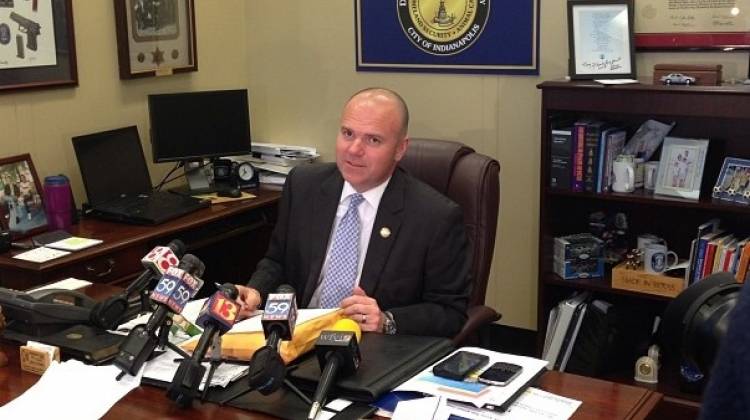
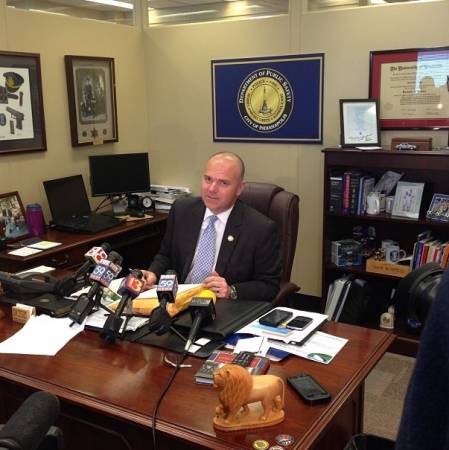
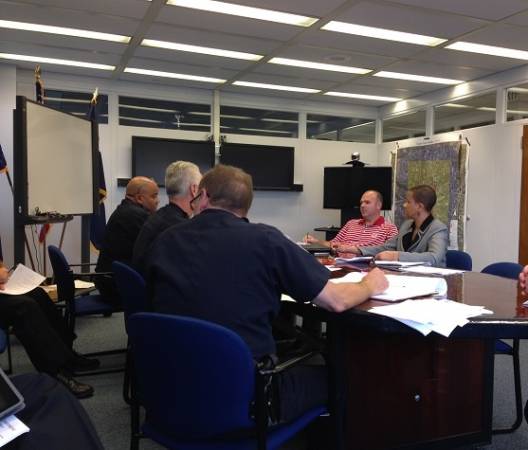
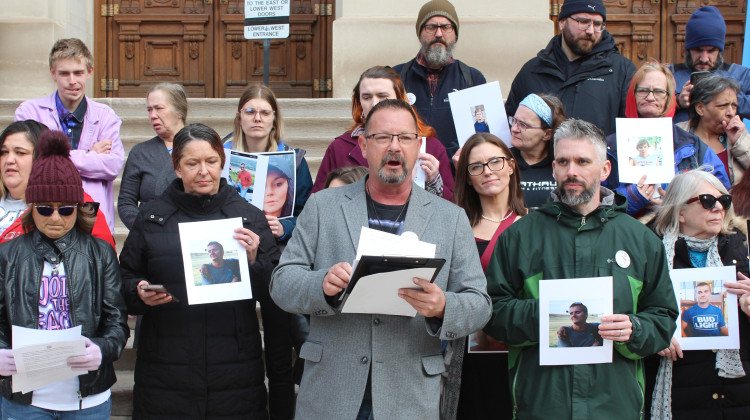
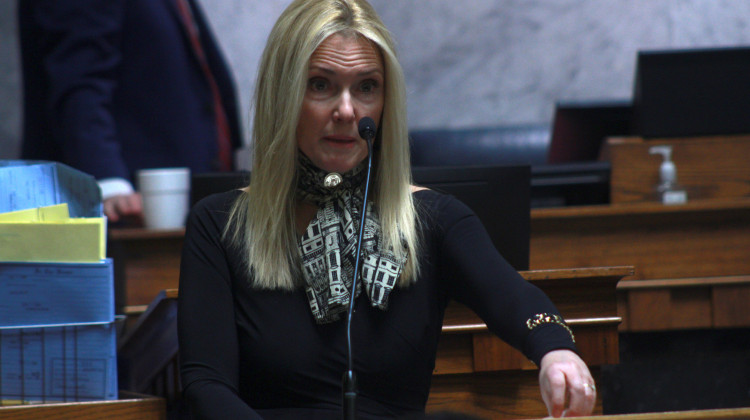


 Support WFYI. We can't do it without you.
Support WFYI. We can't do it without you.